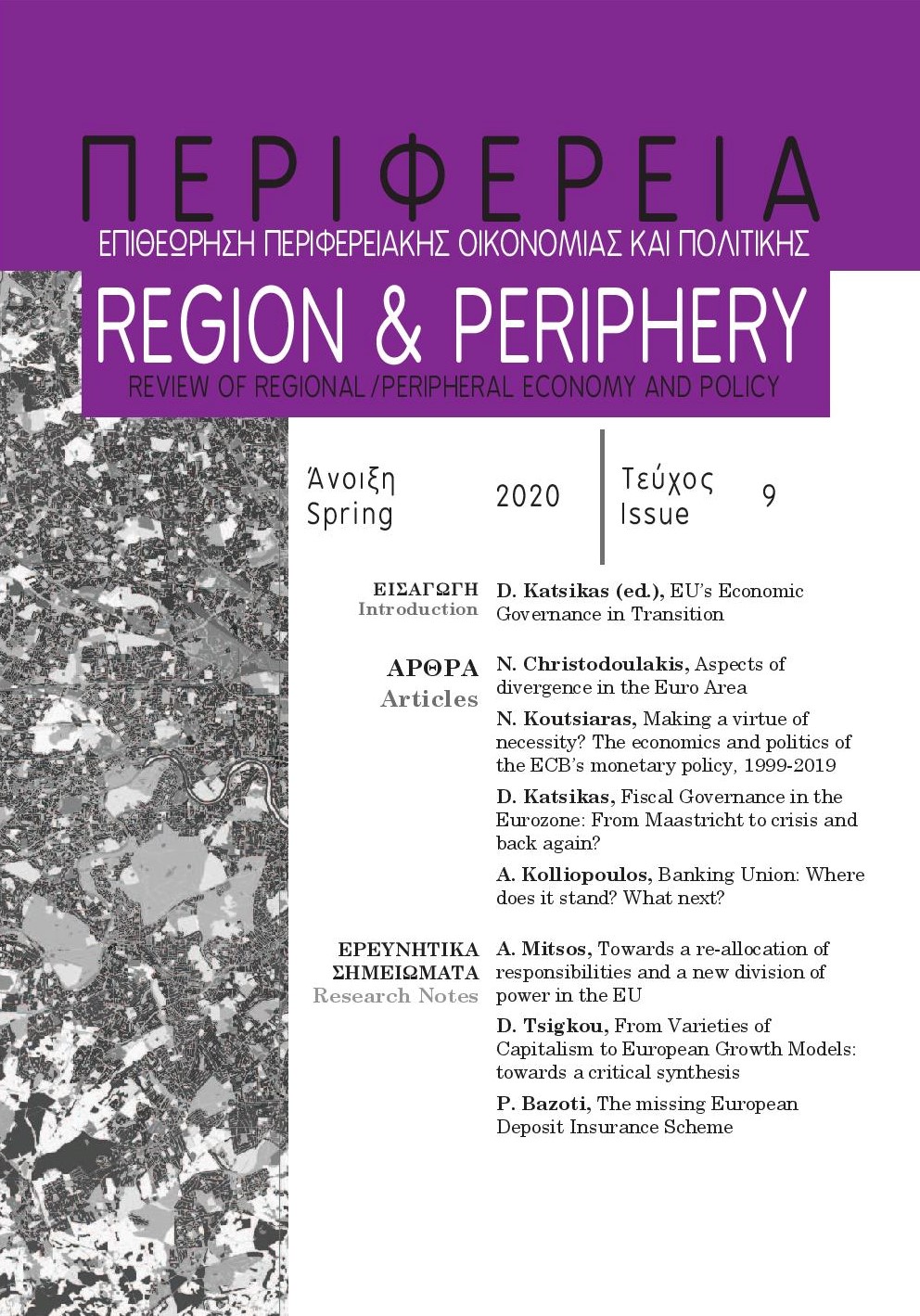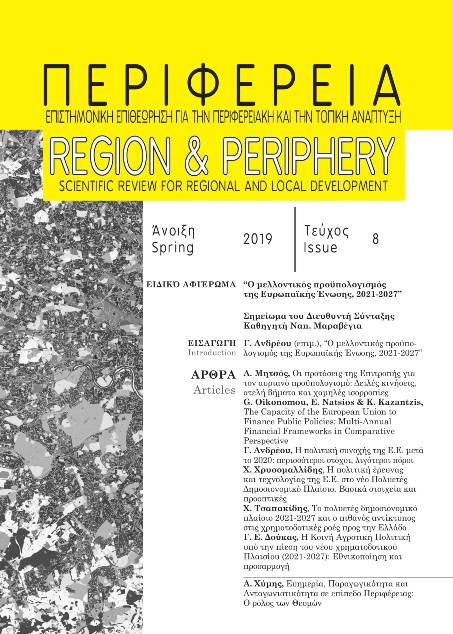Towards a re-allocation of responsibilities and a new division of power in the EU

Abstract
The crisis has brought about a major re-allocation of responsibilities and power between and within states and institutions. The radical change in EU economic governance does not only refer to the involvement of supranational institutions and bodies in the decisions on the total national budget but also on the structure of national revenues and expenditures and the level of specific categories of revenue and expenditure of national budgets. In addition, the introduction of all sorts of conditionalities adds a wide range of measures and policies to those in which the EU and the member states have co-responsibility. Furthermore, the economic crisis has brought about signifi cant changes in the institutional balance of the European Union. More and more critical decisions seem to be taken solely as a result of intergovernmental consultations. The European Council is strengthened and assumes the dominant role, the European Parliament is marginalized, the Council of Ministers often becomes a simple forum for validation of major decisions taken in other informal bodies and the European Commission sees its role restricted to its executive responsibility.
Article Details
- How to Cite
-
Mitsos, A. (2020). Towards a re-allocation of responsibilities and a new division of power in the EU. Perifereia | Regional Integration: Politics, Economics, Governance, (9), 133–140. https://doi.org/10.12681/rp.23787
- Section
- Research Note

This work is licensed under a Creative Commons Attribution-NonCommercial 4.0 International License.
Authors who publish with this journal agree to the following terms:
· Authors retain copyright and grant the journal right of first publication with the work simultaneously licensed under a Creative Commons Attribution Non-Commercial License that allows others to share the work with an acknowledgement of the work's authorship and initial publication in this journal.
· Authors are able to enter into separate, additional contractual arrangements for the non-exclusive distribution of the journal's published version of the work (e.g. post it to an institutional repository or publish it in a book), with an acknowledgement of its initial publication in this journal.
· Authors are permitted and encouraged to post their work online (preferably in institutional repositories or on their website) prior to and during the submission process, as it can lead to productive exchanges, as well as earlier and greater citation of published work.



